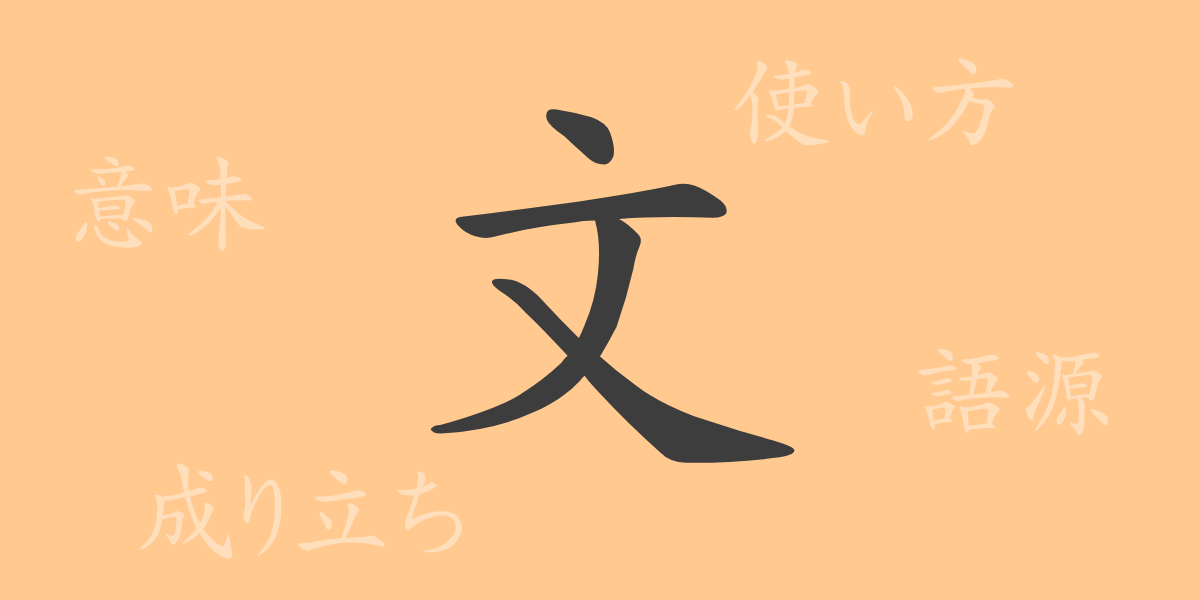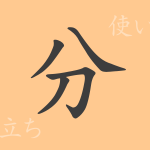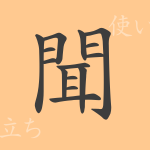The richness of the Japanese language is also reflected in its characters. Each character carries deep meanings, beautiful shapes, and diverse contexts in which it is used. This time, we spotlight one of Japan’s commonly used kanji, “文” (bun), and delve into its origins, meanings, usage, and even idioms and proverbs. Let’s step into the world of “文” (bun) that colors our sentences together.
Origins of “文” (bun) (Etymology)
The origin of “文” (bun) dates back to ancient China. It began as a pictogram depicting patterns and designs used in carvings and embroidery. These patterns evolved into symbols representing things and eventually acquired abstract meanings. Therefore, “文” (bun) can be considered a character that symbolizes human sensibility and culture in both form and meaning.
Meanings and Usage of “文” (bun)
The primary meaning of “文” (bun) is to refer to words or sentences, but it is also used to represent human creative and intellectual activities such as culture and civilization. Additionally, “文” (bun) functions as an adjective or adverb, and in expressions like “文になる” (bun ni naru), it means “appropriate.” Furthermore, it is used to indicate elements that make up words, such as in “文句” (monku) and “文体” (buntai).
Reading, Stroke Count, and Radical of “文” (bun)
As a commonly used kanji in Japan, “文” (bun) has distinctive readings and writing methods.
- Readings: In On-yomi (音読み), it is read as “ブン” (bun) or “モン” (mon), and in Kun-yomi (訓読み), it is read as “ふみ” (fumi).
- Stroke Count: “文” (bun) is a kanji with 4 strokes.
- Radical: The radical is “ひへん” (hihen), which is based on the shape of “文” (bun).
Idioms, Proverbs, and Sayings Using “文” (bun) and Their Meanings
There are numerous idioms, proverbs, and sayings that include “文” (bun), each teaching us the depth of the Japanese language. For example, “文明開化” (bunmei kaika) signifies the introduction of Western culture and systems, and “文句なし” (monku nashi) means perfection. Additionally, the proverb “筆は剣よりも強し” (fude wa ken yori mo tsuyoshi) conveys that the power of words is stronger than that of weapons.
Summary of “文” (bun)
As seen, “文” (bun) transcends being a mere character and significantly influences our language, culture, and even thoughts. Understanding the unique world view of each kanji is an indispensable journey for deepening one’s understanding of the Japanese language. We hope that unraveling the world of “文” (bun) will further deepen your interest in words.

























